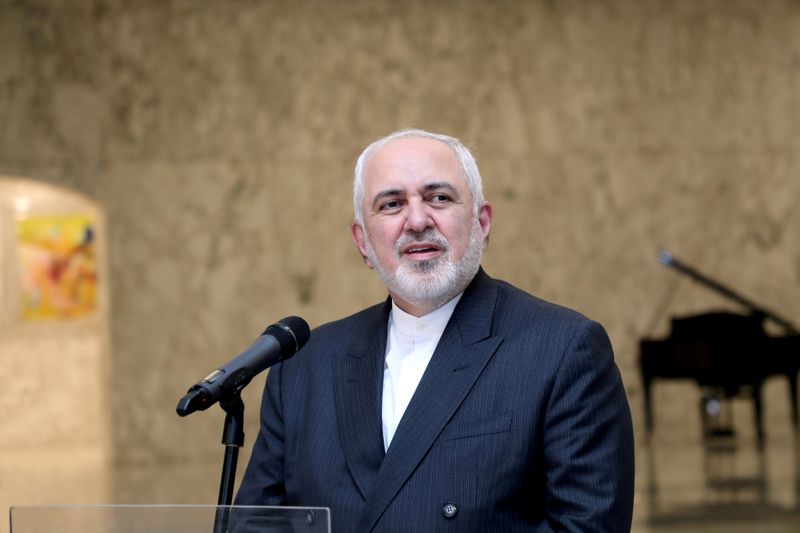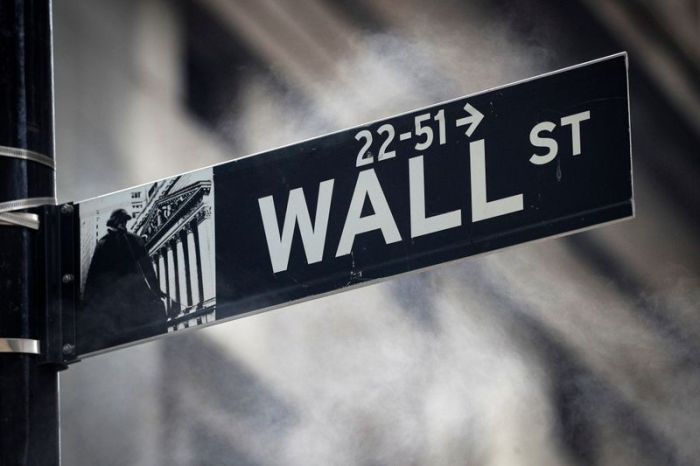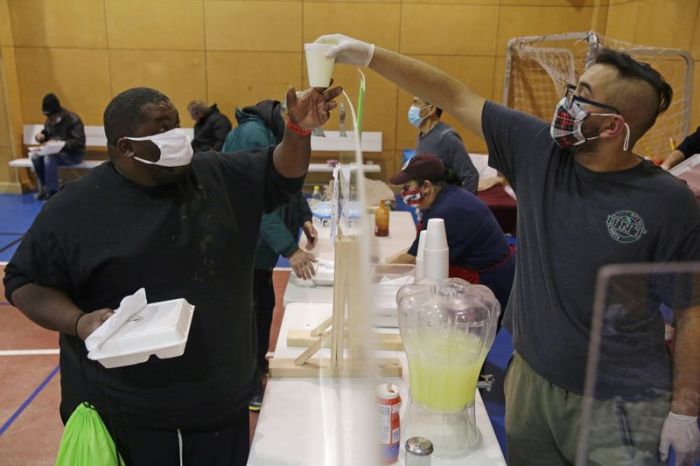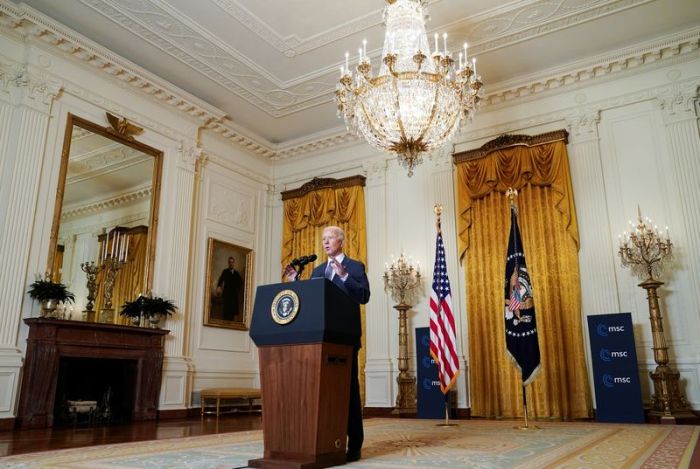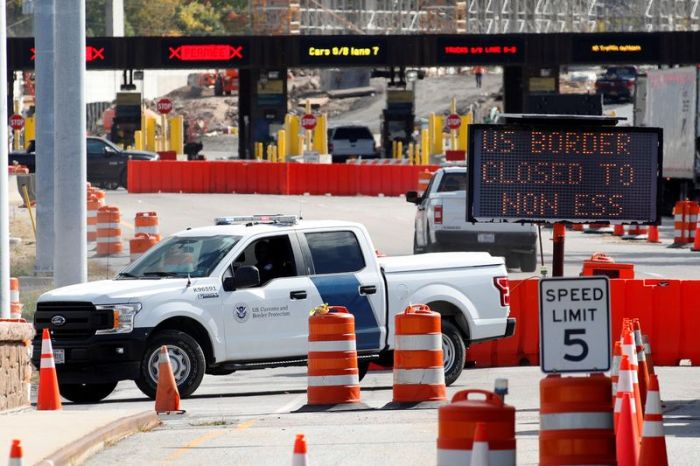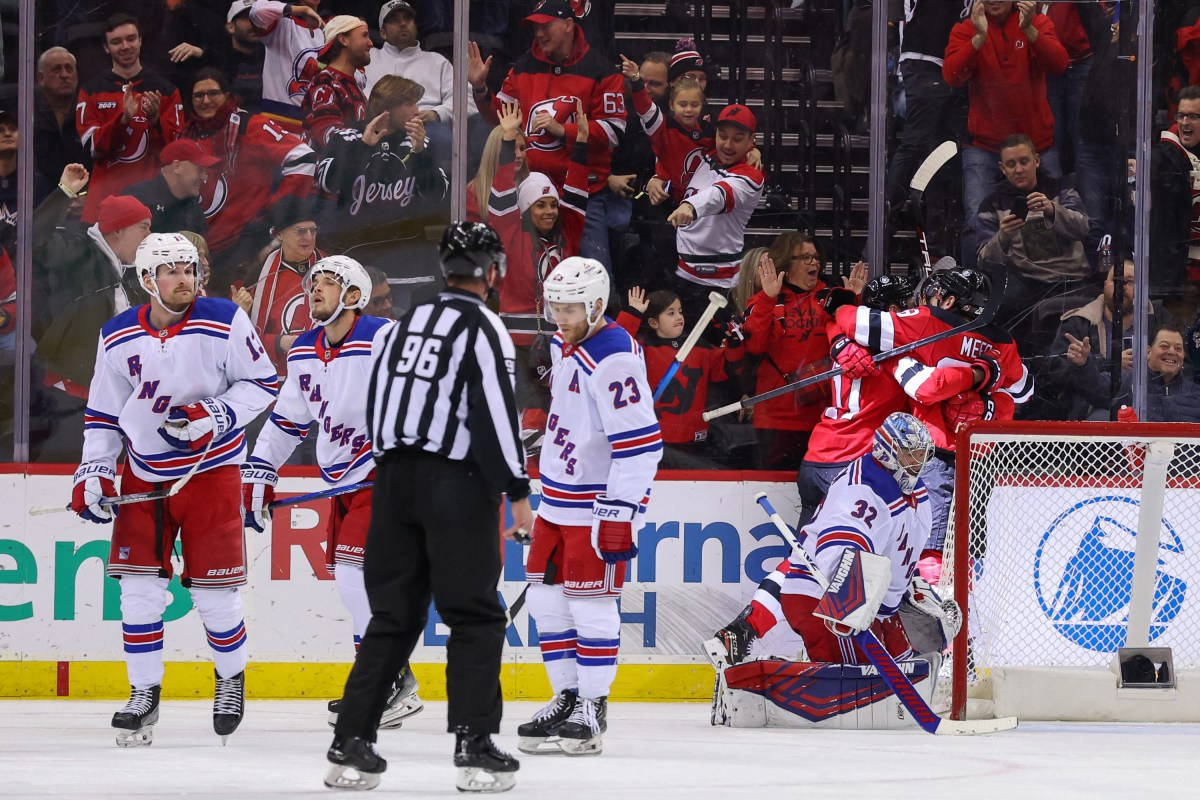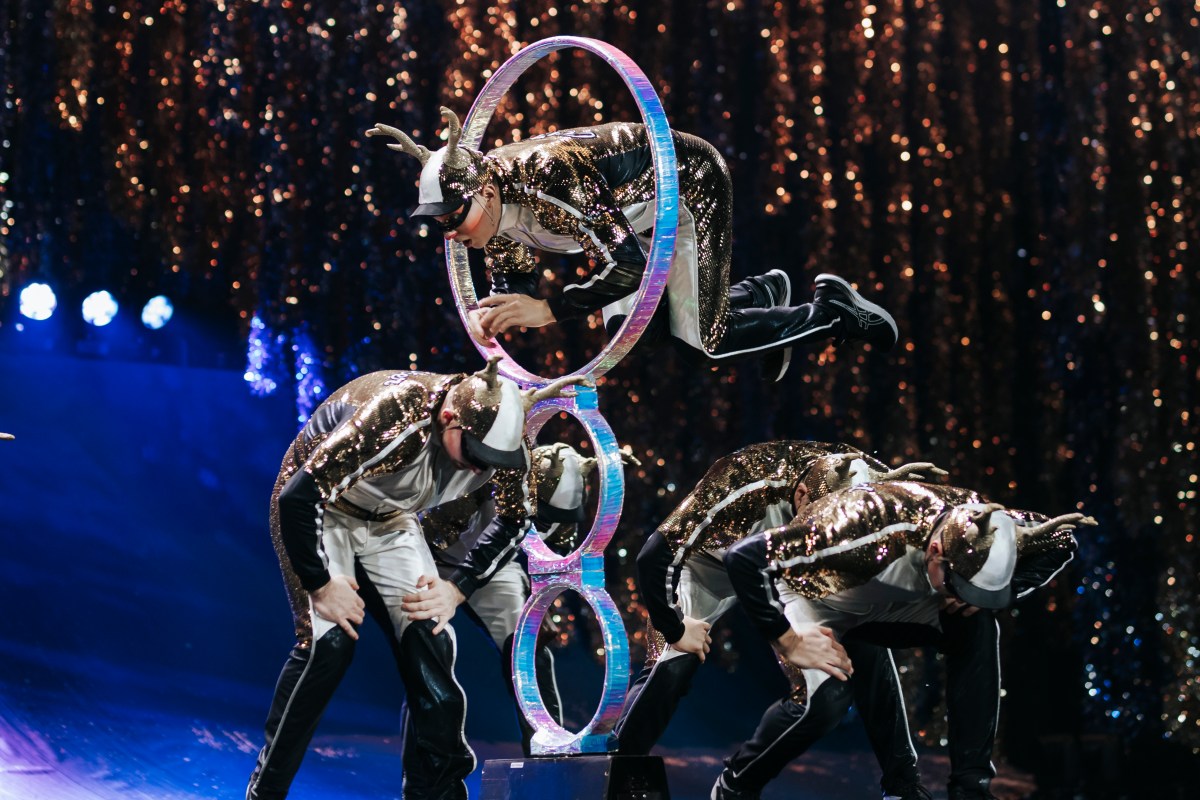DUBAI (Reuters) – Tehran said on Sunday the United States must first lift sanctions on Iran if it wants to talk about salvaging the 2015 nuclear deal, reiterating its stance that it will not make the first move to restore the pact with major powers.
President Joe Biden’s administration said last week it was ready to talk to Iran about both nations returning to the accord, which aimed to prevent Tehran from acquiring nuclear weapons while lifting most international sanctions.
Former President Donald Trump abandoned the deal in 2018 and reimposed sanctions on Iran, which in turn gradually began breaching terms of the agreement.
But Iran and the United States have been at odds over who should take the first step to revive the accord. Iran insists the United States must first rescind U.S. sanctions while Washington says Tehran must first return to compliance.
“The U.S. will not be able to rejoin the nuclear pact before it lifts sanctions … Once everybody implements their side of obligations, there will be talks,” Iranian Foreign Minister Mohammad Javad Zarif told Iran’s English Language Press TV.
“Biden claims that Trump’s maximum pressure policy was maximum failure…but they have not changed that policy (towards Iran). The United States is addicted to pressure, sanctions and bullying…It does not work with Iran.”
Iran has been hard hit by the sanctions, as well as by the economic effects of the coronavirus pandemic.
SNAP INSPECTIONS
Further complicating efforts to revive the deal, Iran’s hardline-dominated parliament passed a law last year that obliges the government to end implementation of the Additional Protocol from Feb. 23, if sanctions are not lifted.
Under the deal, Iran is applying the Additional Protocol, which grants the International Atomic Energy Agency (IAEA) the power to carry out short-notice inspections at locations not declared to it.
“This is not a deadline for the world. This is not an ultimatum … Like in any democracy, we have to implement the law passed by the parliament…The move (to end snap inspections) is not abandoning the deal,” Zarif said.
“The minute they come back to full compliance, we will come back to full compliance.”
The United States and European parties to the deal have warned Iran against obstructing the IAEA’s snap inspections.
Rafael Grossi, the IAEA director-general who is in Tehran to discuss the agency’s “essential verification activities”, met on Sunday with Iran´s nuclear energy chief, state media reported.
Iran’s envoy to the IAEA, Kazem Gharibabadi, tweeted that Ali Akbar Salehi, head of Iran’s Atomic Energy Organisation, and Grossi held “fruitful talks based on mutual respect”.
Zarif said: “We will talk to Mr. Grossi about respecting the laws of our country…but at the same time not creating an impasse for him to continue to carry out the obligations to show Iran’s nuclear programme is peaceful.”
(Writing by Parisa Hafezi; Editing by Mark Heinrich and Frances Kerry)

